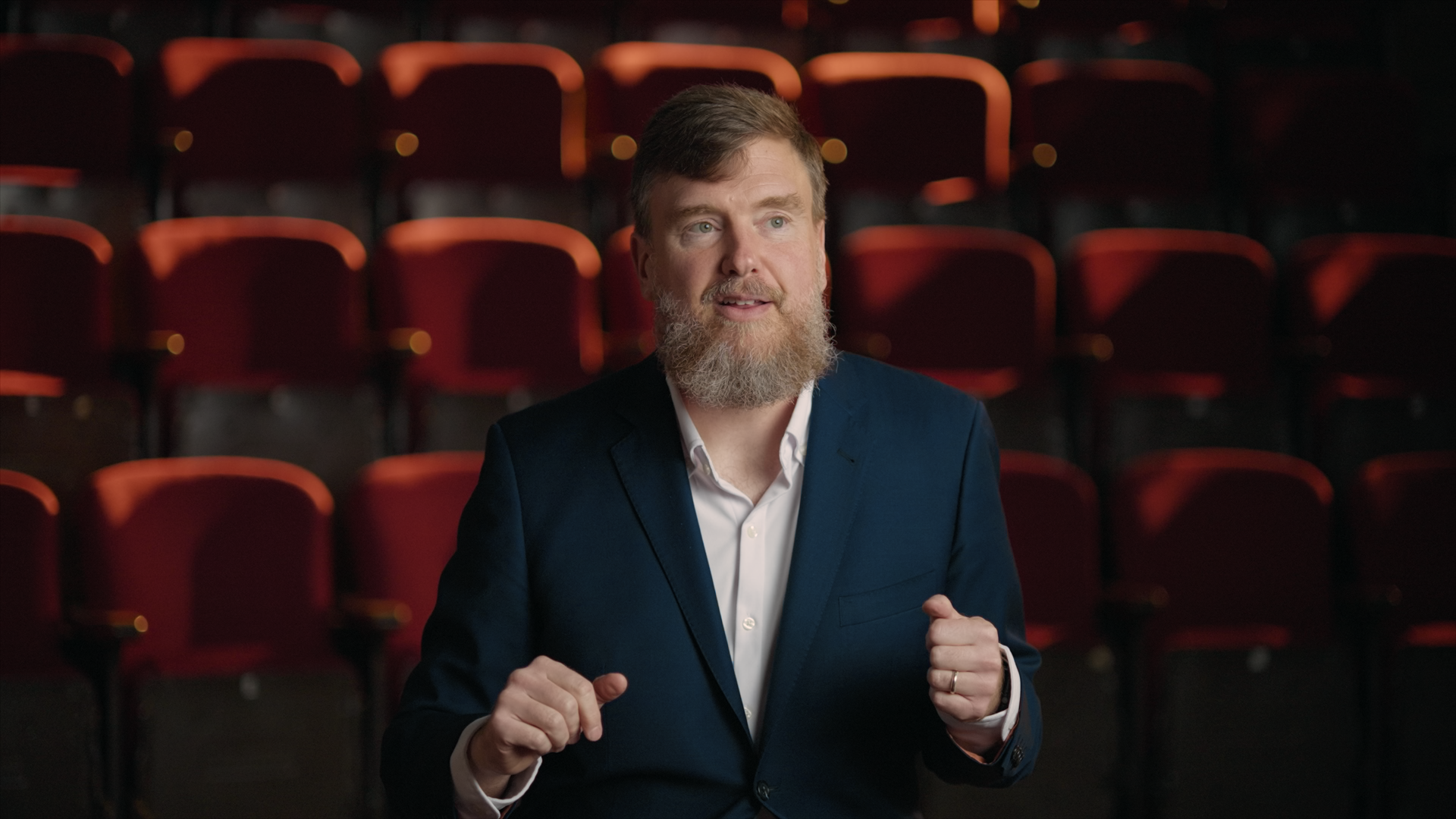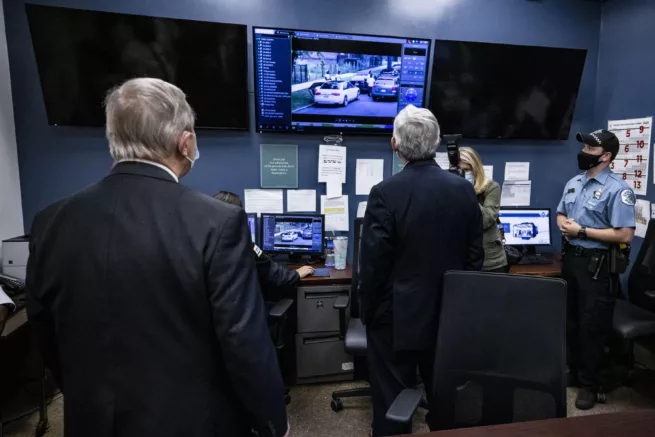Championing Freedom of Speech
1. Introduction
Philanthropy also plays a critical role in advancing the diversity of ideas that are essential for maintaining freedom and democracy by helping Americans develop thoughtful perspectives on the defining issues of our time...That is why I have been proud to support the expansion of work by FIRE to protect free speech nationally
Introduction
Enshrined in the U.S. Constitution and the Bill of Rights, freedom of expression has been the bedrock of American democracy—and of movements to advance freedom across the globe. From the abolition movement of the early 19th century to the civil rights movement of the 1960s, living up to our nation’s ideals has always rested on Americans’ freedom to argue—publicly and passionately—for what they believe in.
But in recent years that conviction has been challenged in many parts of American society—including on college campuses, once considered bastions of free expression, where vigorous debate was not only allowed but encouraged. Today, one institution after another, including many of the most elite and widely admired universities in the world, have sought to constrain freedom of expression. In some cases, they have disallowed or punished speakers, students, instructors, or even tenured faculty for expressing their views, simply because certain groups or individuals might object.
Year by year, the problem has grown. A 2022 study by the Knight Foundation warned that the percentage of American college students who believe “speech rights are secure” has fallen steadily—from 73 percent to 47 percent—in the five years since the question was first asked in 2016.
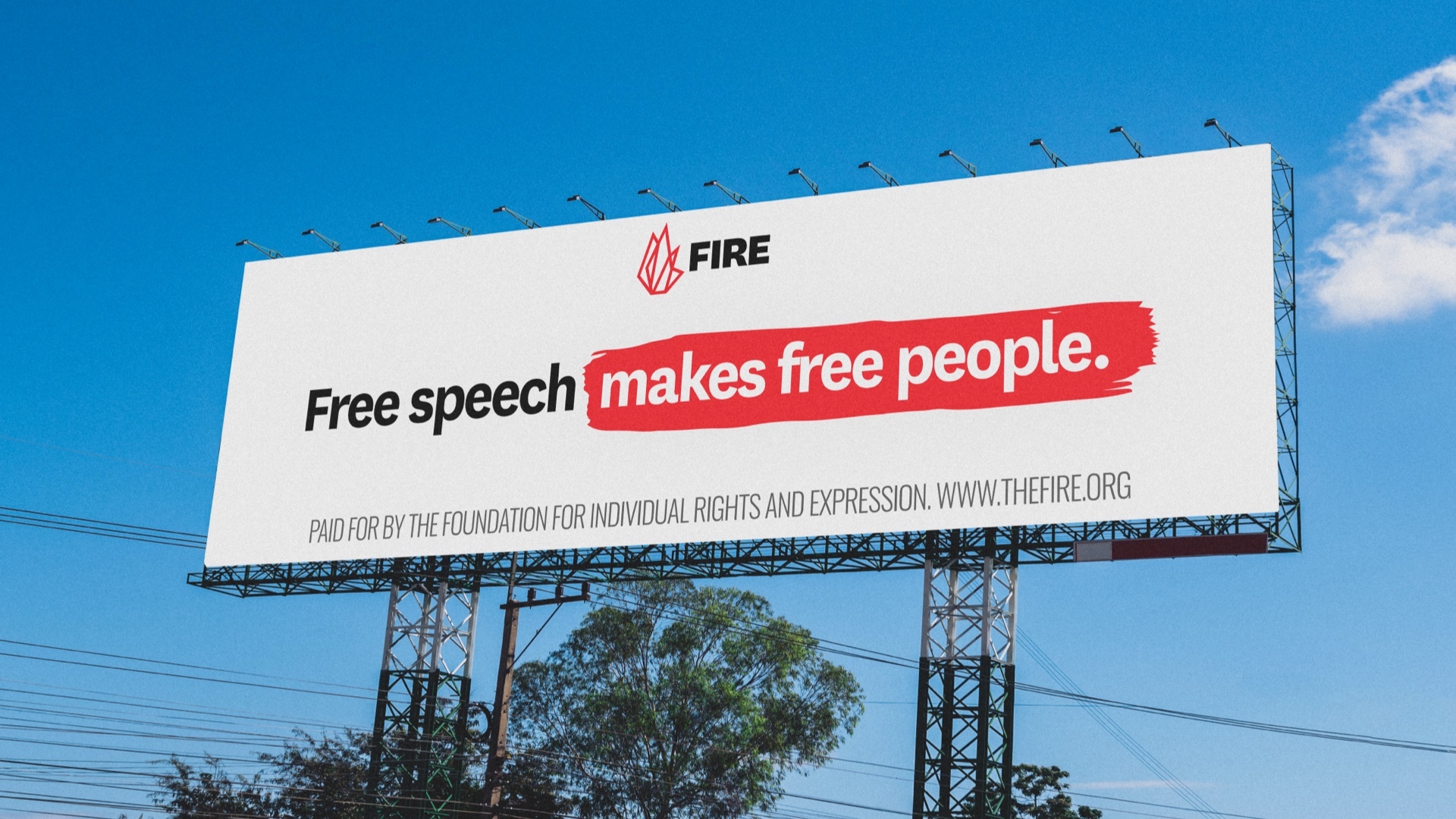
Founding FIRE
In 1999, recognizing the already growing threat to free speech on American campuses, Alan Charles Kors and Harvey Silverglate, academics and civil liberties activists, founded what was then called the Foundation for Individual Rights in Education, soon known by its urgent acronym, FIRE. Silverglate had served on the Massachusetts board of the American Civil Liberties Union (ACLU) but felt that the group had begun to abdicate its historic role in countering threats to free speech in academic institutions.
“Our organization’s singular mission is to defend all protected speech. We don’t take sides, we don’t throat clear, we just unapologetically defend the speech rights of Americans,” observes FIRE’s president, Greg Lukianoff.
The organization works to mobilize institutional support for faculty, students, or others who have been punished or sanctioned for ideas or opinions they express in their teaching, classwork, or other campus settings. FIRE challenges punitive administrative decisions and, if necessary, sustains lengthy court cases in ways that would be difficult, if not impossible, for individual professors, instructors, or students. In most cases, it has prevailed.
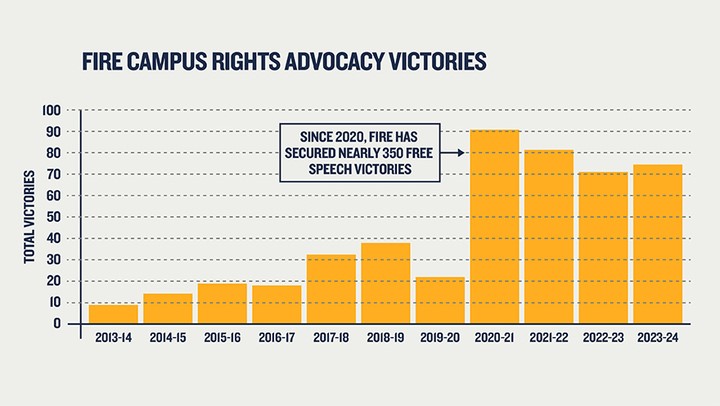
“Freedom of speech allows us to learn about our world and live peacefully within a democratic society. It’s an essential ingredient for scientific progress, social justice, and artistic expression. Free speech makes free people.”
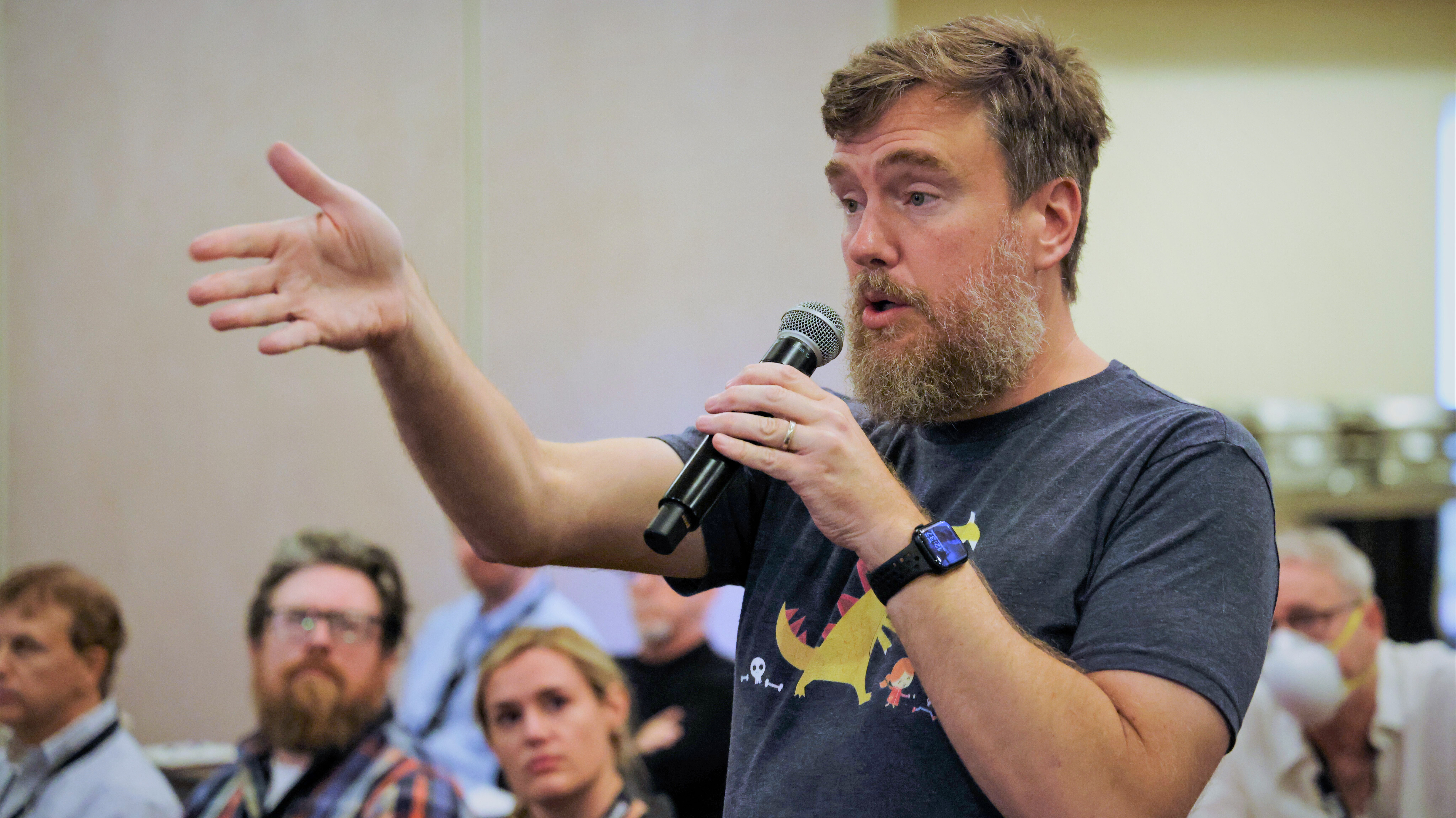
Beyond the Campus
More broadly, FIRE challenges overly vague or restrictive codes of speech and conduct, pushes back against the introduction of “free speech zones” on college campuses, which sharply limit the physical spaces designated for free expression of ideas, and argues against the use of the term “hate speech” as a means to prevent students, professors, and speakers from voicing their views. “In large part due to [FIRE’s] litigation and other advocacy efforts,” law professor Timothy Zick has written, “campus expressive zoning policies have been highlighted, altered, and in a number of cases, repealed.”
In 2022, the organization made the decision to widen its focus beyond academia and changed its name to the Foundation for Individual Rights and Expression, a group whose expanded goal would be “to defend and promote the value of free speech for all Americans in our courtrooms, on our campuses, and in our culture.”
“This is a welcome development,” declared current ACLU President Anthony Romero. “Challenges to free speech are proliferating from both the left and the right, and the nation needs more organizations dedicated to upholding our most fundamental right.”
The group’s mission spoke directly to Ken Griffin, a steadfast supporter of open discourse and academic freedom, who believes that free speech is a fundamental pillar of American democracy. In 2022, Griffin Catalyst announced its support to enable FIRE to dramatically expand its activities in support of free expression across American society. With the help of a major gift from Griffin Catalyst, FIRE announced in 2022 the launch of a $75 million, three-year campaign to raise the profile of the importance of free speech in American society, including increased resources for litigation to defend this foundational freedom.

